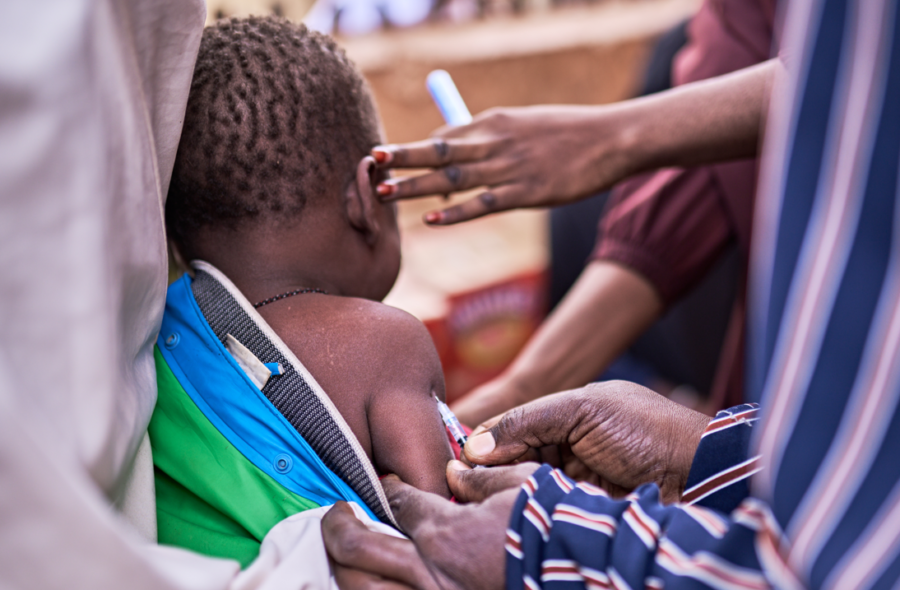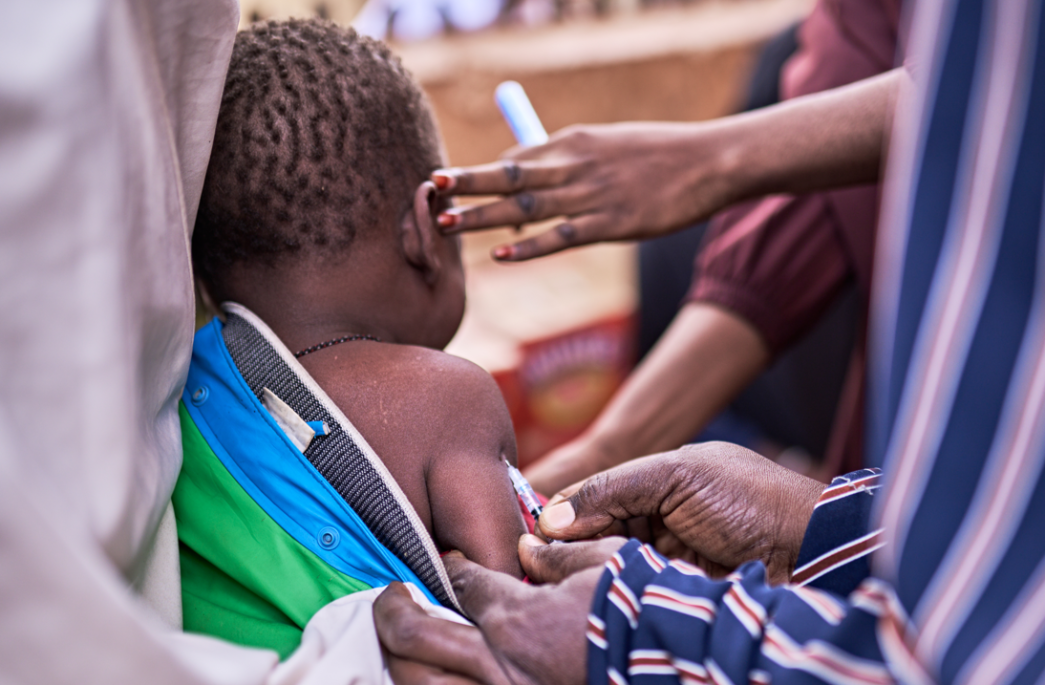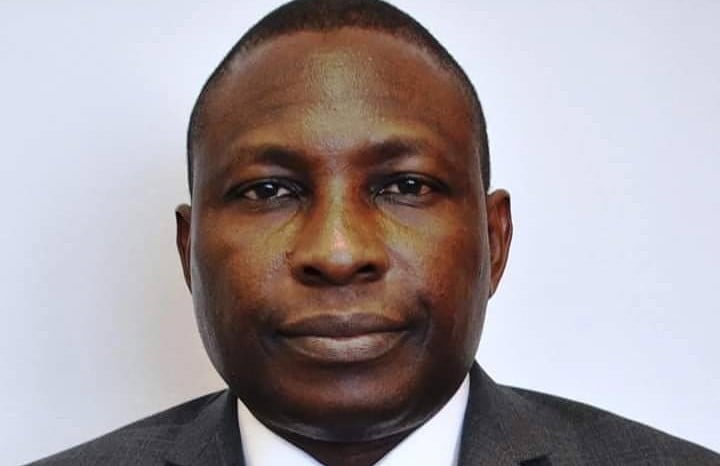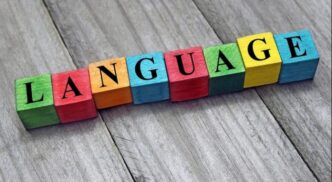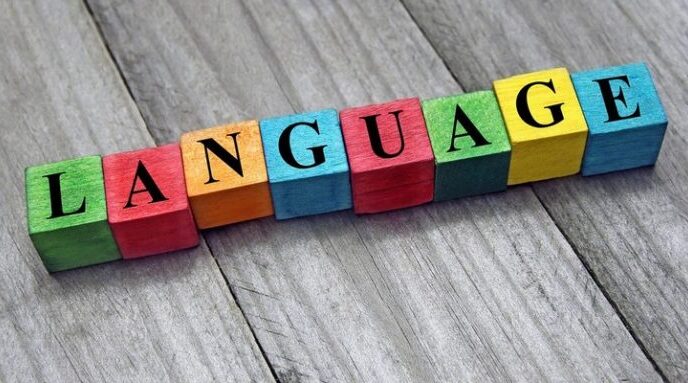BY MOSHOOD ISAH
October 24th each year commemorates World Polio Day. This commemoration isn’t just an opportunity to reflect on the journey towards the eradication of the disease but also to remind all stakeholders of the seemingly unending battle to eliminate what has been described as a crippling and life-threatening illness.
The European Region was declared polio-free in 2002 and has maintained this status every year since. While the African region was declared polio-free in 2020, the emergence of circulating Variant Poliovirus type 2 (cVPV2) continues to be an important area of focus. This means other low- and medium-income countries, including Nigeria, continue to play catch-up.
With over 70 cases reported across 46 local government areas (LGAs) in 14 states, Nigeria is currently witnessing intense transmission of cVPV2. This is largely due to issues surrounding vaccine hesitancy, which has led to low vaccination coverage. Similarly, misinformation and distrust about the potency and intentions of vaccination have significantly contributed to the low rate of herd immunity against the disease.
Advertisement
Another major barrier that developing and underdeveloped nations face is political instability and ongoing conflicts. This severely restricts access to vaccination campaigns, making it difficult to reach underserved communities and leaving them vulnerable. The challenges posed by health supply chains, sometimes exacerbated by insecurity and logistics gaps, have also consistently impacted the availability of polio vaccines for effective distribution, especially in hard-to-reach areas.
Given the potentially devastating effects of polio—such as paralysis and psychosocial impact—along with the speed at which this disease can spread, the urgency needed to end this scourge remains critical. While the progress made is impressive, nearly eradicating polio is not good enough. Locations with incomplete vaccination coverage may experience outbreaks that can rapidly escalate into fresh public health emergencies.
The coordination of efforts by the Global Polio Eradication Initiative (GPEI) over the years has been critical to the global effort to eradicate polio, involving significant investments of financial and human resources. This further underscores the importance of strengthening existing collaborations at all levels to accelerate the end of polio in the African region.
Advertisement
For instance, eHealth Africa is working with key partners, such as the Sultan Foundation for Peace and Development, to engage traditional and religious institutions in leading the polio vaccination drive. The intervention led by the Sultan of Sokoto himself, His Eminence Dr. Muhammad Sa’ad Abubakar III, has built trust within communities across northern Nigeria to increase vaccine uptake. To a significant extent, religious leaders, traditional leaders, and village heads have been flagging off vaccination campaigns from their palaces and chambers, which has undoubtedly improved acceptance of vaccines, especially in rural communities.
The urgency of reaching rural communities has also prompted the deployment of digital innovations like Geospatial Tracking Systems (GTS) to track and identify missed settlements. These systems have helped increase vaccination coverage while providing data-driven insights for decision-making. This has improved the quality and accountability of campaign implementation by validating the reports generated by vaccination teams.
Similarly, digital innovations like Planfeld, recently piloted by eHealth Africa, have been instrumental in enhancing the accuracy of planning vaccination campaigns and reaching every settlement. The application provides information on the exact number of settlements being targeted, the number of children in those areas, and the amount of vaccine required for the activity.
Aside from the deployment of technology, social behavioural change interventions at all levels have been another key approach in the journey to end polio. Irrespective of their roles, every step taken toward alleviating this disease is crucial. From international public health leaders to caregivers in the most remote locations, the influence of every stakeholder remains vital to the final push to end polio in Nigeria and the African continent.
Advertisement
Importantly, the emergence of other potential public health crises—such as cholera, monkeypox, hypertension, and diabetes—increases the urgency of ending the long-standing battle against polio. This will ensure that more global health funding is directed toward addressing other health issues, averting potential public health emergencies.
As we unite to push for a future without polio, this will be a testament to our collective resolve and humanity’s ability to unite for a common cause. We are indeed on the brink of history as we deliver the final blow to this disease once and for all.
Moshood Isah is a communications coordinator at eHealth Africa
Advertisement
Views expressed by contributors are strictly personal and not of TheCable.
Add a comment
